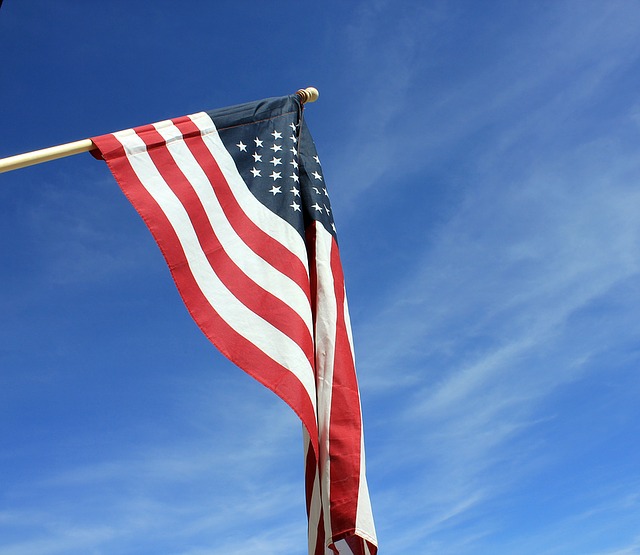
The rhetoric that has surfaced over the course of the 2016 presidential race, primarily due to the vile, widely incoherent assertions made by Republican nominee Donald Trump, has integrated seamlessly into national discourse. The effects of his language can be seen within our communities everyday, in the form of third graders threatening their non-white classmates with deportation, lynched dummies hanging from trees as Halloween decorations in Miami-Dade and an unprecedented rise in hate crimes against Muslim Americans.
Similar to Barry Goldwater’s 1964 speech, in which he famously said, “Extremism in defense of liberty is no vice…moderation in the defense of liberty is no virtue,” Trump’s language manipulates and prioritizes the fear and insecurity that belies the promise of the American dream. But Trump’s words command a dismissal of intelligent forethought that is toxic to critical decision making and alienates any possibility of compromise.
But every sweeping trend will be accompanied by a countertrend – a reaction to and rejection of prominent attitudes. The sexual and moral rigidity of the 1950s, the struggle of black Americans to obtain equal rights and the War in Vietnam gave way to a youth-driven hippie subculture that preached love, not war and tolerance, not fear-based segmentation. There may not be another Summer of Love, but the ways we practice empathy in this particularly divisive time need reevaluation.
One effective, yet often overlooked way of influencing one’s community is becoming involved in local government. Getting to know your city counselors, writing to your mayor and voting on regional and state ballot measures make tangible differences in the lives of you, your family and your neighbors. Now is the time to debunk the notion that voting is a lukewarm nod to a broken system of democracy and realize the full potential of human connection within the framework of local, state and federal government.
David Brooks writes in his article “The Power of a Dinner Table” about Kathy Fletcher and David Simpson, a Washington D.C. couple who started a Thursday evening ritual of hosting teenagers affected by modern poverty. What began as invitations to some of their son’s friends grew into weekly dinners of over 15 people strong. Together, they break bread, clear the table and share stories about lives far removed from Kathy and David’s own experiences.
“They give us a gift,” Brooks writes of the couple. “Complete intolerance of social distance.” In this election, characterized by erroneous, antagonistic sentiments, it’s important to remember the power that generosity has to dissolve scathing anger and division between communities.
Mackenzie Karbon is a sophomore majoring in jazz performance. Here’s That Rainy Day, runs the first Thursday of each month.





